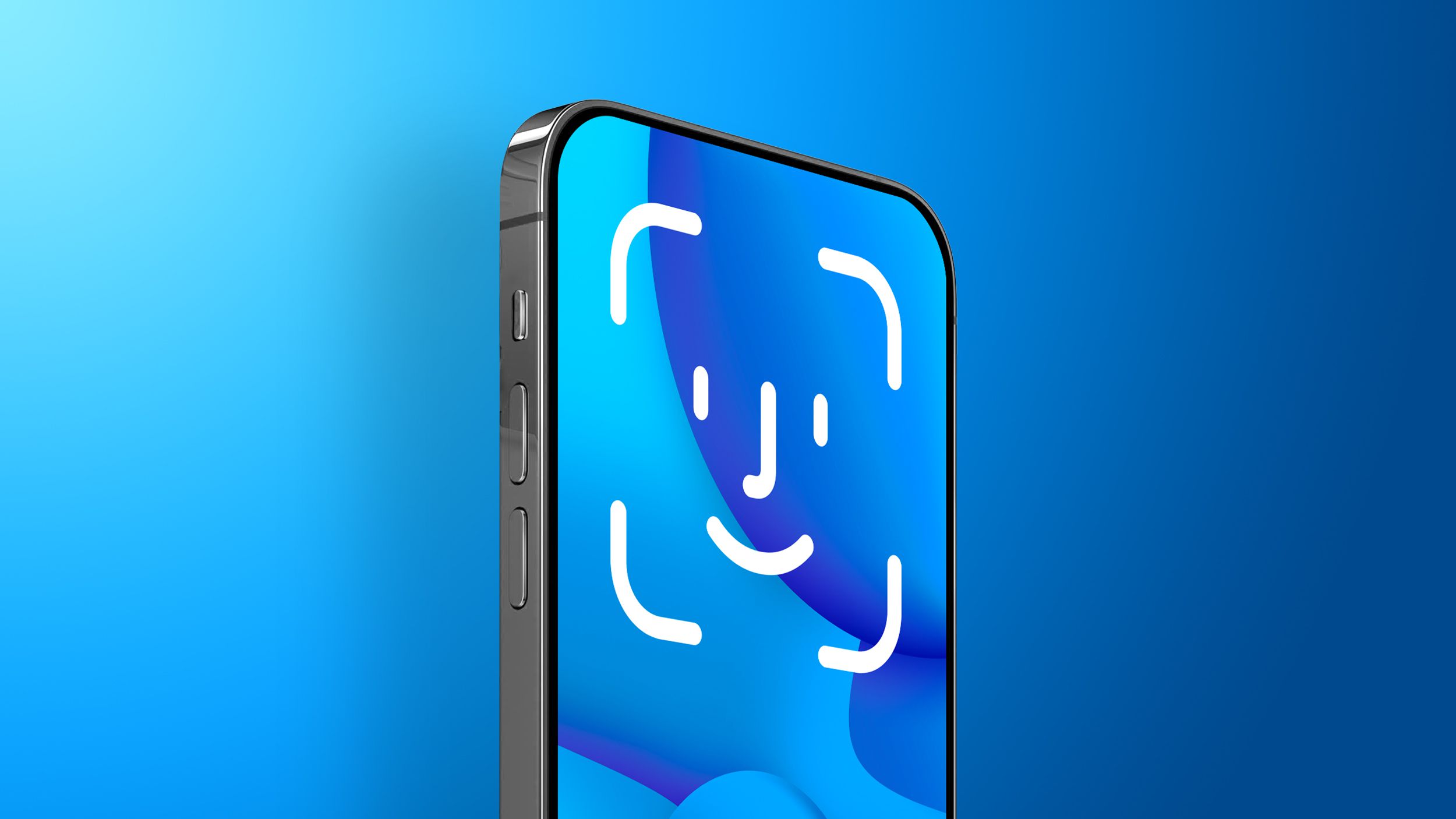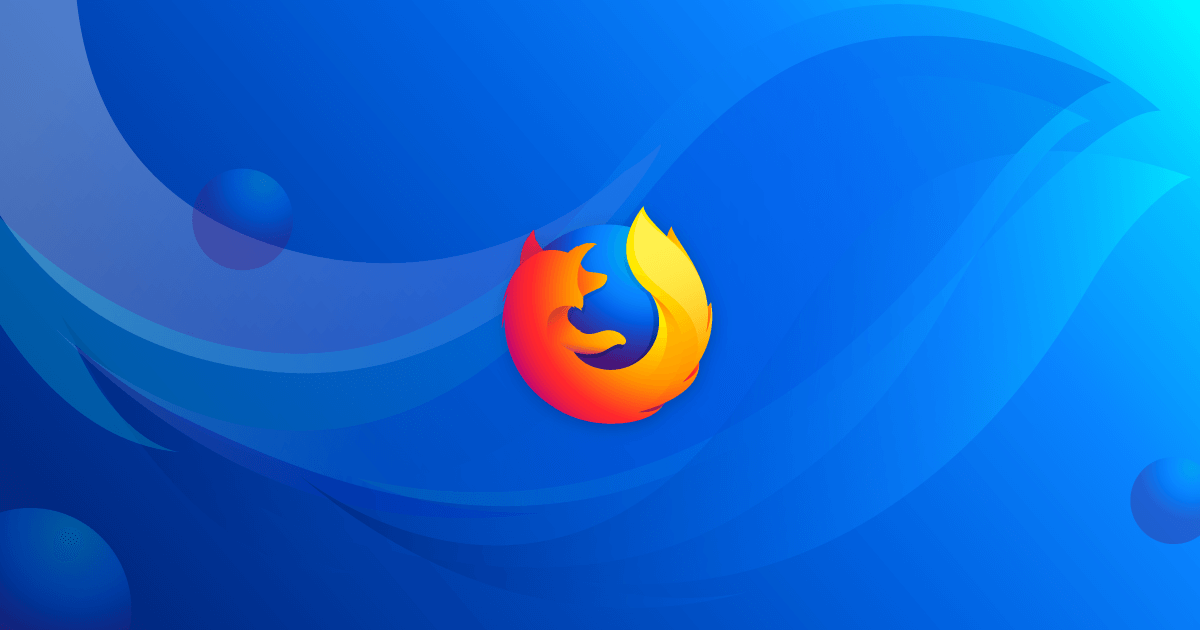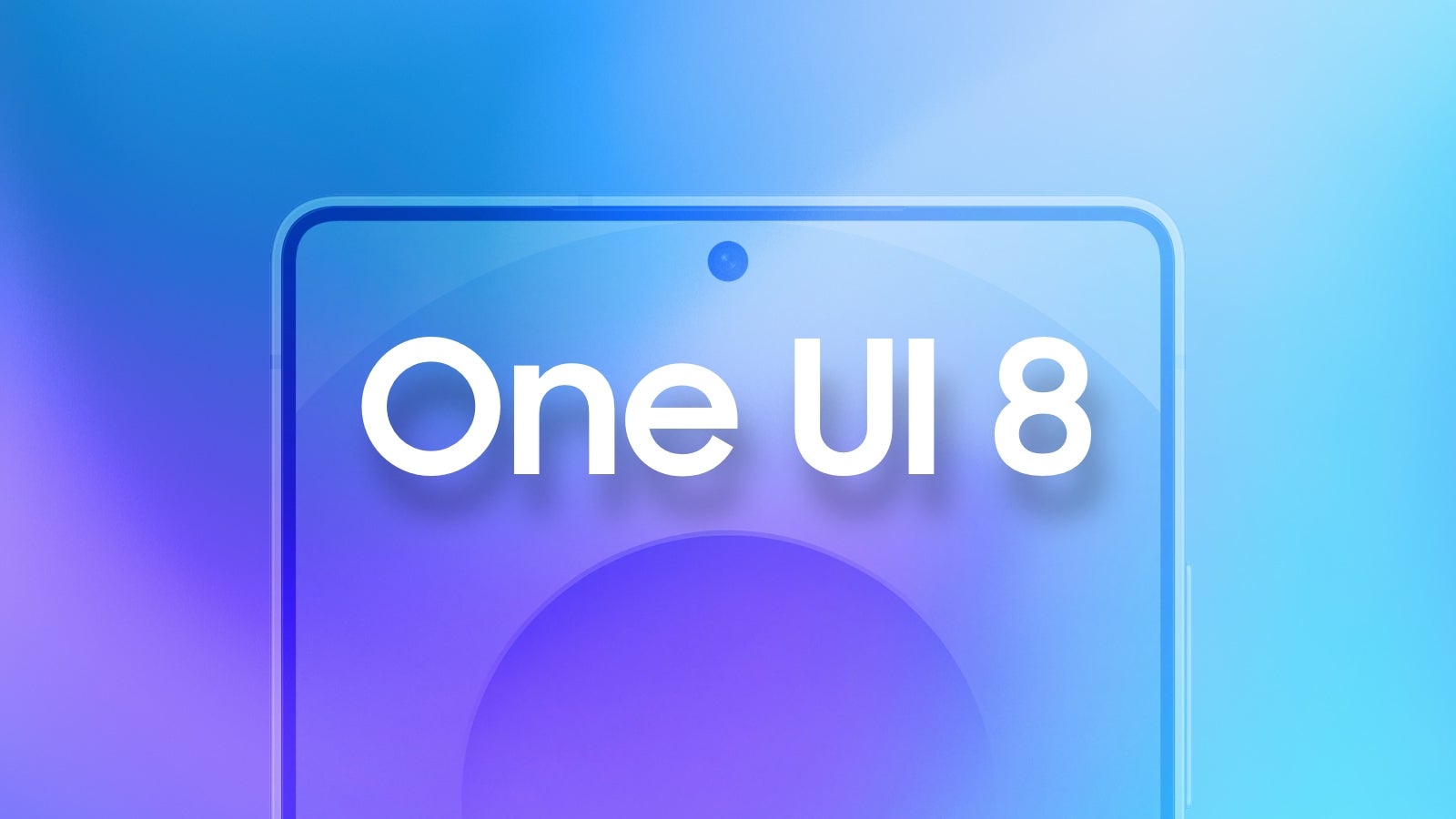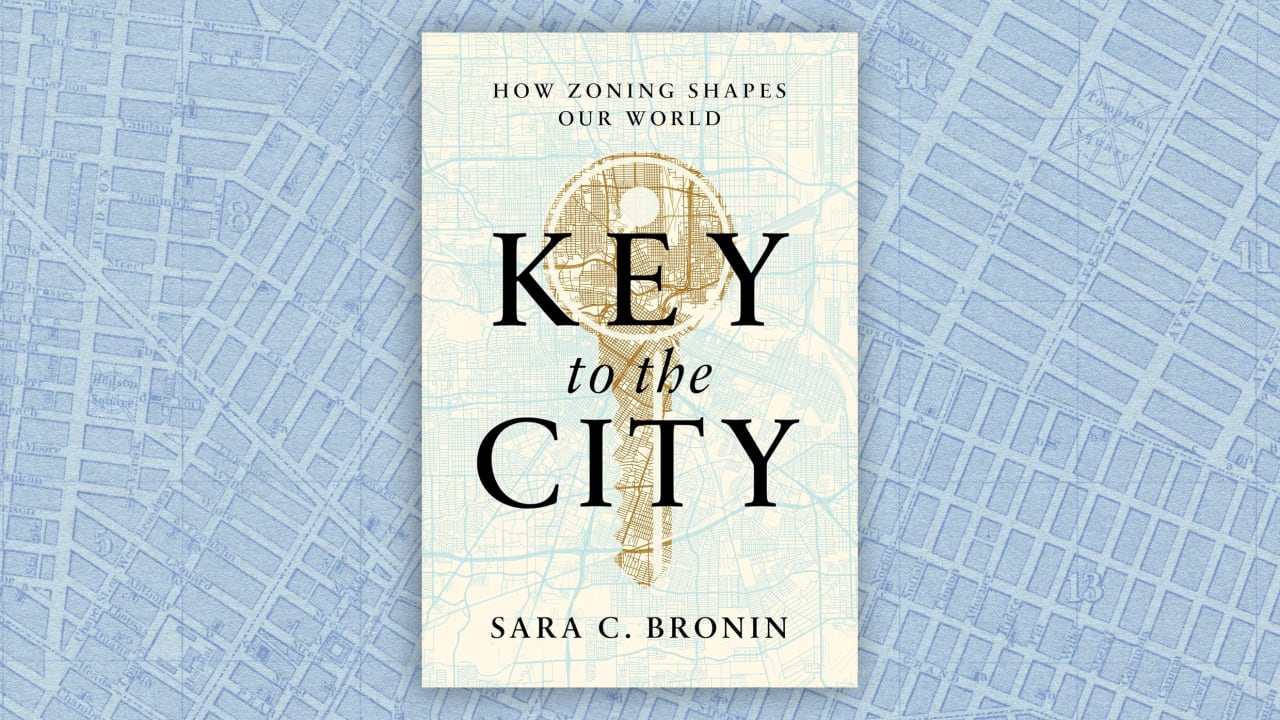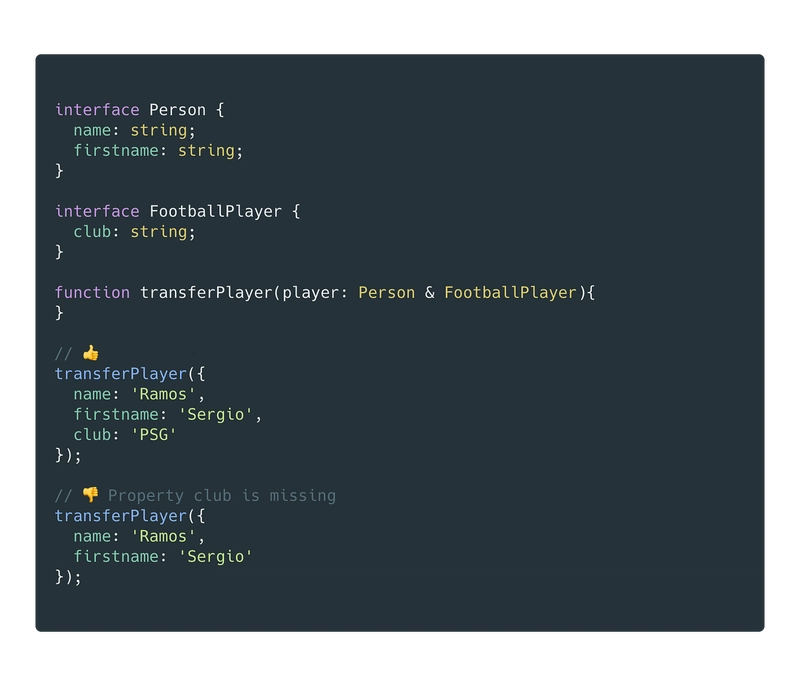Python vs Other Programming Languages: What Sets It Apart?
As someone who recently wrapped up a CLI project using Python and SQLAlchemy, I wanted to take a step back and reflect on why Python continues to be such a dominant language and how it compares to other popular programming languages. Whether you're just getting into programming or deciding what language to use for your next project, here's a practical breakdown of how Python stacks up against JavaScript, Java, C++, and Go — with real code examples. Why Python Is So Popular Readable Syntax Python’s syntax is so intuitive and close to natural English that it’s ideal for beginners and makes maintaining code over time significantly easier. Huge Ecosystem Libraries like pandas, SQLAlchemy, Flask, Django, scikit-learn, and click make Python extremely versatile. Cross-Disciplinary Appeal From data science and machine learning to automation and backend web development, Python is everywhere. Syntax Comparison: Python vs Others Python vs JavaScript Python # Define a function in Python def greet(name): return f"Hello, {name}!" print(greet("Alice")) JavaScript // Define a function in JavaScript function greet(name) { return `Hello, ${name}!`; } console.log(greet("Alice")); As demonstrated above, Python is simpler and easier to read, with consistent indentation-based blocks. Python vs Java Python class Book: def __init__(self, title): self.title = title def display(self): print(f"Book: {self.title}") book = Book("1984") book.display() Java public class Book { private String title; public Book(String title) { this.title = title; } public void display() { System.out.println("Book: " + title); } public static void main(String[] args) { Book book = new Book("1984"); book.display(); } } As demonstrated in the examples above, Python is significantly more concise, enabling developers to write less code to accomplish the same tasks. In contrast, Java is more verbose, but offers greater robustness and type safety through its strong static typing and structured syntax. Python vs C++ Python for i in range(5): print(i) C++ #include using namespace std; int main() { for (int i = 0; i

As someone who recently wrapped up a CLI project using Python and SQLAlchemy, I wanted to take a step back and reflect on why Python continues to be such a dominant language and how it compares to other popular programming languages.
Whether you're just getting into programming or deciding what language to use for your next project, here's a practical breakdown of how Python stacks up against JavaScript, Java, C++, and Go — with real code examples.
Why Python Is So Popular
Readable Syntax
Python’s syntax is so intuitive and close to natural English that it’s ideal for beginners and makes maintaining code over time significantly easier.
Huge Ecosystem
Libraries like pandas, SQLAlchemy, Flask, Django, scikit-learn, and click make Python extremely versatile.
Cross-Disciplinary Appeal
From data science and machine learning to automation and backend web development, Python is everywhere.
Syntax Comparison: Python vs Others
Python vs JavaScript
Python
# Define a function in Python
def greet(name):
return f"Hello, {name}!"
print(greet("Alice"))
JavaScript
// Define a function in JavaScript
function greet(name) {
return `Hello, ${name}!`;
}
console.log(greet("Alice"));
As demonstrated above, Python is simpler and easier to read, with consistent indentation-based blocks.
Python vs Java
Python
class Book:
def __init__(self, title):
self.title = title
def display(self):
print(f"Book: {self.title}")
book = Book("1984")
book.display()
Java
public class Book {
private String title;
public Book(String title) {
this.title = title;
}
public void display() {
System.out.println("Book: " + title);
}
public static void main(String[] args) {
Book book = new Book("1984");
book.display();
}
}
As demonstrated in the examples above, Python is significantly more concise, enabling developers to write less code to accomplish the same tasks. In contrast, Java is more verbose, but offers greater robustness and type safety through its strong static typing and structured syntax.
Python vs C++
Python
for i in range(5):
print(i)
C++
#include As shown in the code above, Python handles memory management and data types automatically, which makes development easier and faster. In contrast, C++ requires the programmer to manage these details manually, offering more control but also adding complexity.
Python vs Go
Python
import threading
def print_hello():
print("Hello from thread!")
thread = threading.Thread(target=print_hello)
thread.start()
Go
package main
import (
"fmt"
"time"
)
func main() {
go func() {
fmt.Println("Hello from goroutine!")
}()
time.Sleep(1 * time.Second)
}
As shown in the example above, Go has built-in support for concurrency through goroutines, making it lightweight and efficient for parallel tasks. In contrast, Python relies on external modules like threading or asyncio to achieve similar functionality.
Feature Comparison Table
| Feature | Python | JavaScript | Java | C++ | Go |
|---|---|---|---|---|---|
| Syntax Simplicity | Very Simple | Flexible | Verbose | Complex | Clean |
| Speed | Slower | Fast (Node) | Faster | Native Fast | Compiled |
| Concurrency | async/threading | async | Threads | Manual | Goroutines |
| Use Cases | CLI, AI, Web | Web, UI | Enterprise, Android | Systems, Games | APIs, Cloud |
Real-World Use: My Phase 3 CLI Project
In my Phase 3 project, I built a CLI-based personal library manager using Python, SQLAlchemy, and Click. Here's a simple example from that project:
@click.command()
def list_books():
with get_db_session() as session:
books = session.query(Book).all()
for book in books:
print(book.title)
It was quick, elegant, and highly maintainable — and Python made the process enjoyable.
When to Choose Python
Choose Python when you want:
- Quick development
- Clean, readable code
- Access to powerful data or web libraries
- Great community support
It's especially well-suited for:
- CLI tools
- APIs
- Machine learning
- Automation scripts
Final Thoughts
No language is "better" — it all comes down to the right tool for the job. But Python's balance of simplicity, power, and community makes it a reliable default for many developers.
If you're new to programming or building something quick and powerful, Python is a fantastic place to start.





































































































































































![[The AI Show Episode 145]: OpenAI Releases o3 and o4-mini, AI Is Causing “Quiet Layoffs,” Executive Order on Youth AI Education & GPT-4o’s Controversial Update](https://www.marketingaiinstitute.com/hubfs/ep%20145%20cover.png)





























































































































![[FREE EBOOKS] Learn Computer Forensics — 2nd edition, AI and Business Rule Engines for Excel Power Users & Four More Best Selling Titles](https://www.javacodegeeks.com/wp-content/uploads/2012/12/jcg-logo.jpg)





![From Art School Drop-out to Microsoft Engineer with Shashi Lo [Podcast #170]](https://cdn.hashnode.com/res/hashnode/image/upload/v1746203291209/439bf16b-c820-4fe8-b69e-94d80533b2df.png?#)






































































































(1).jpg?#)



















![[Updated] Samsung’s 65-inch 4K Smart TV Just Crashed to $299 — That’s Cheaper Than an iPad](https://www.androidheadlines.com/wp-content/uploads/2025/05/samsung-du7200.jpg)












_Inge_Johnsson-Alamy.jpg?width=1280&auto=webp&quality=80&disable=upscale#)






























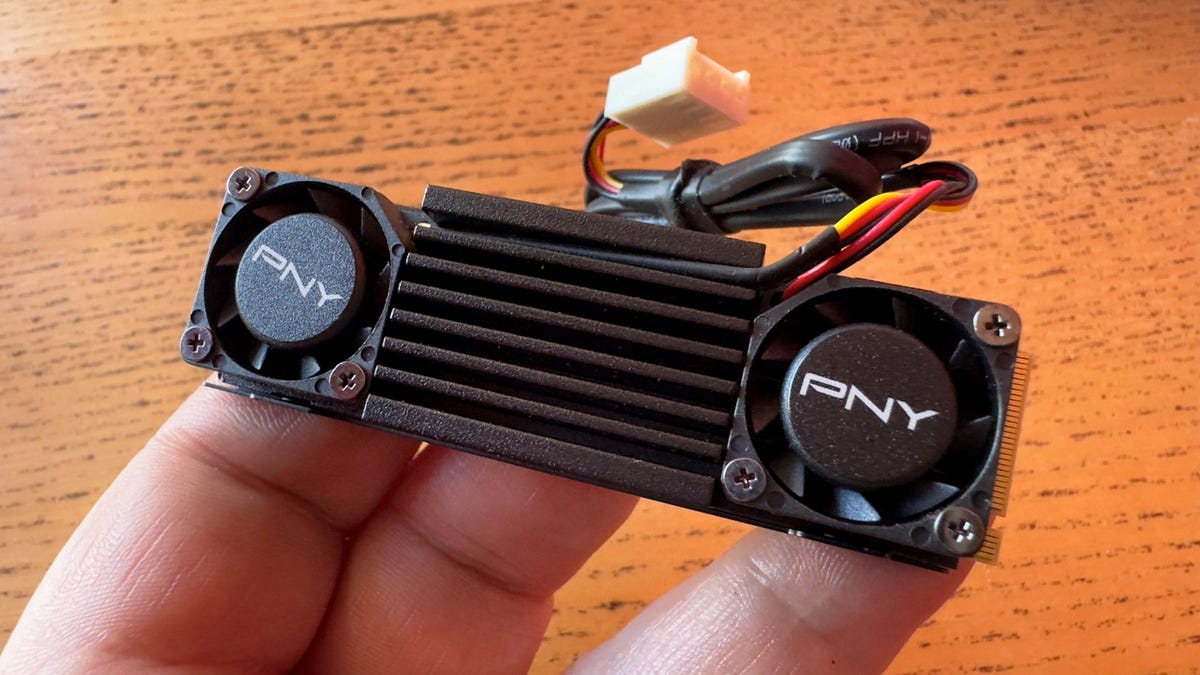

























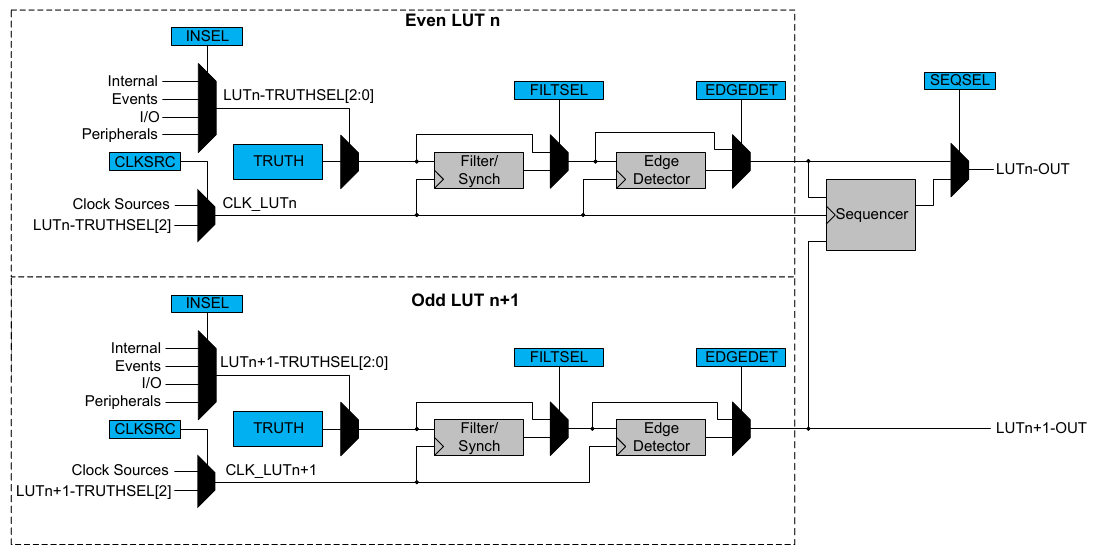


























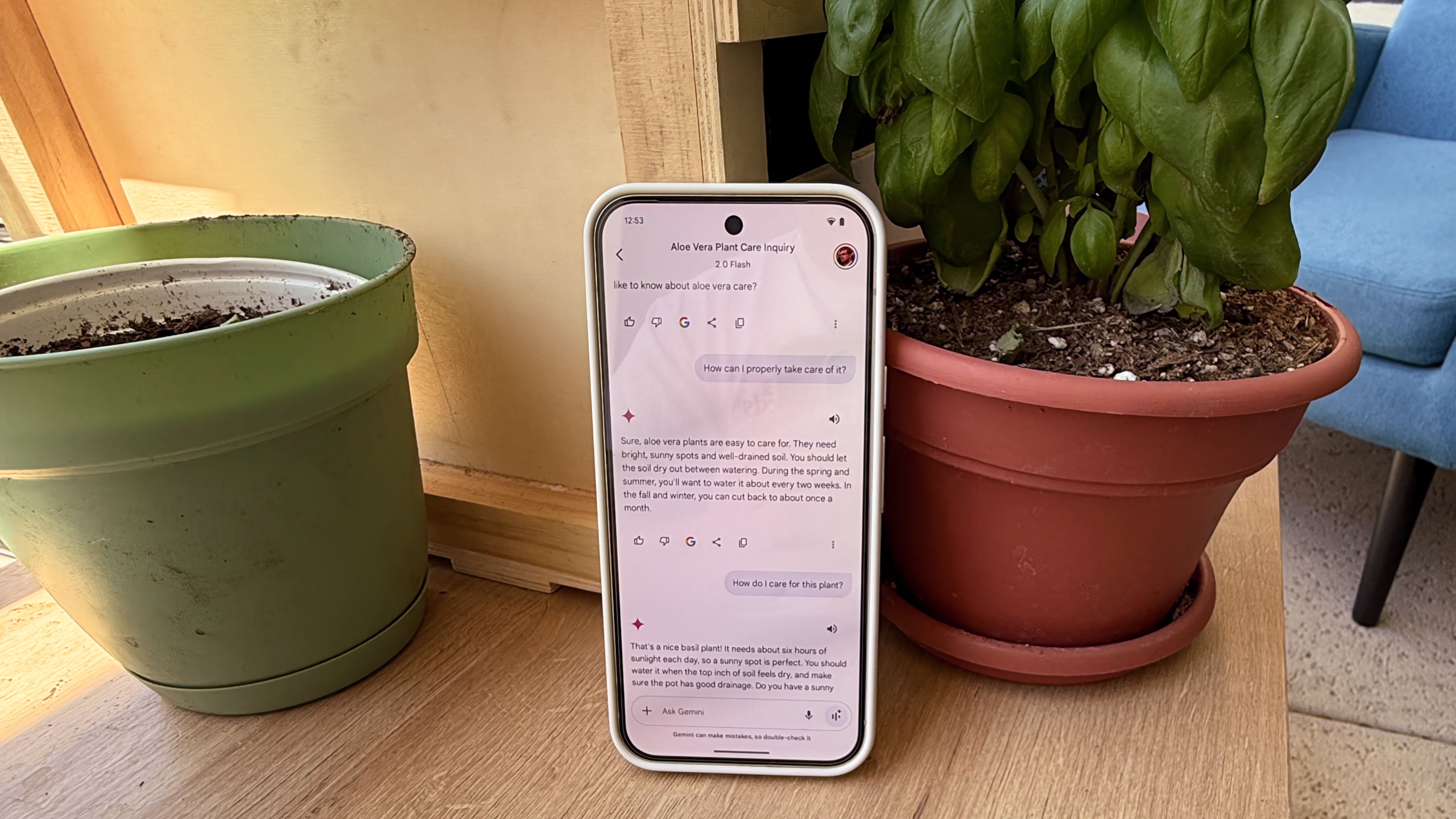

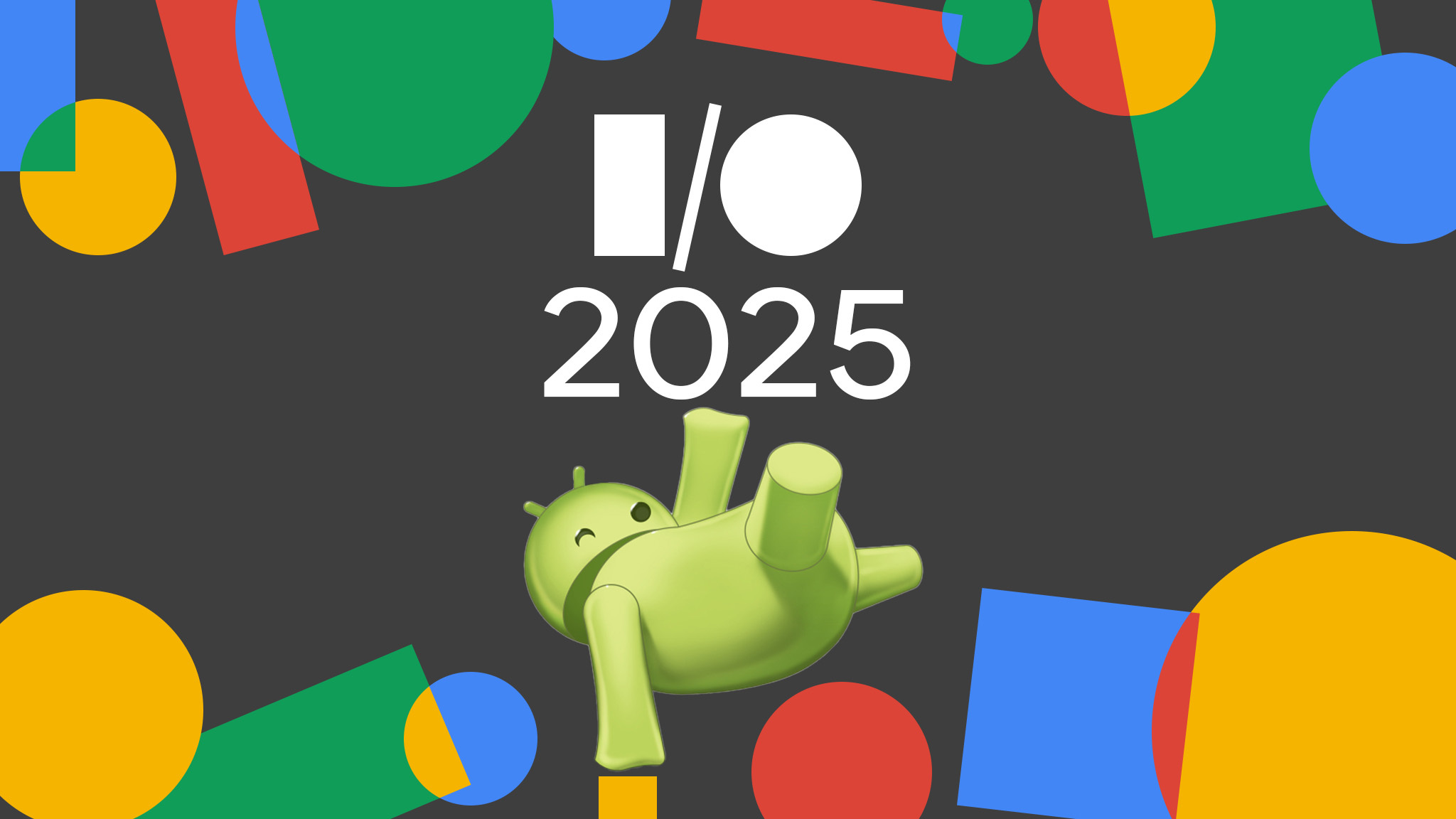


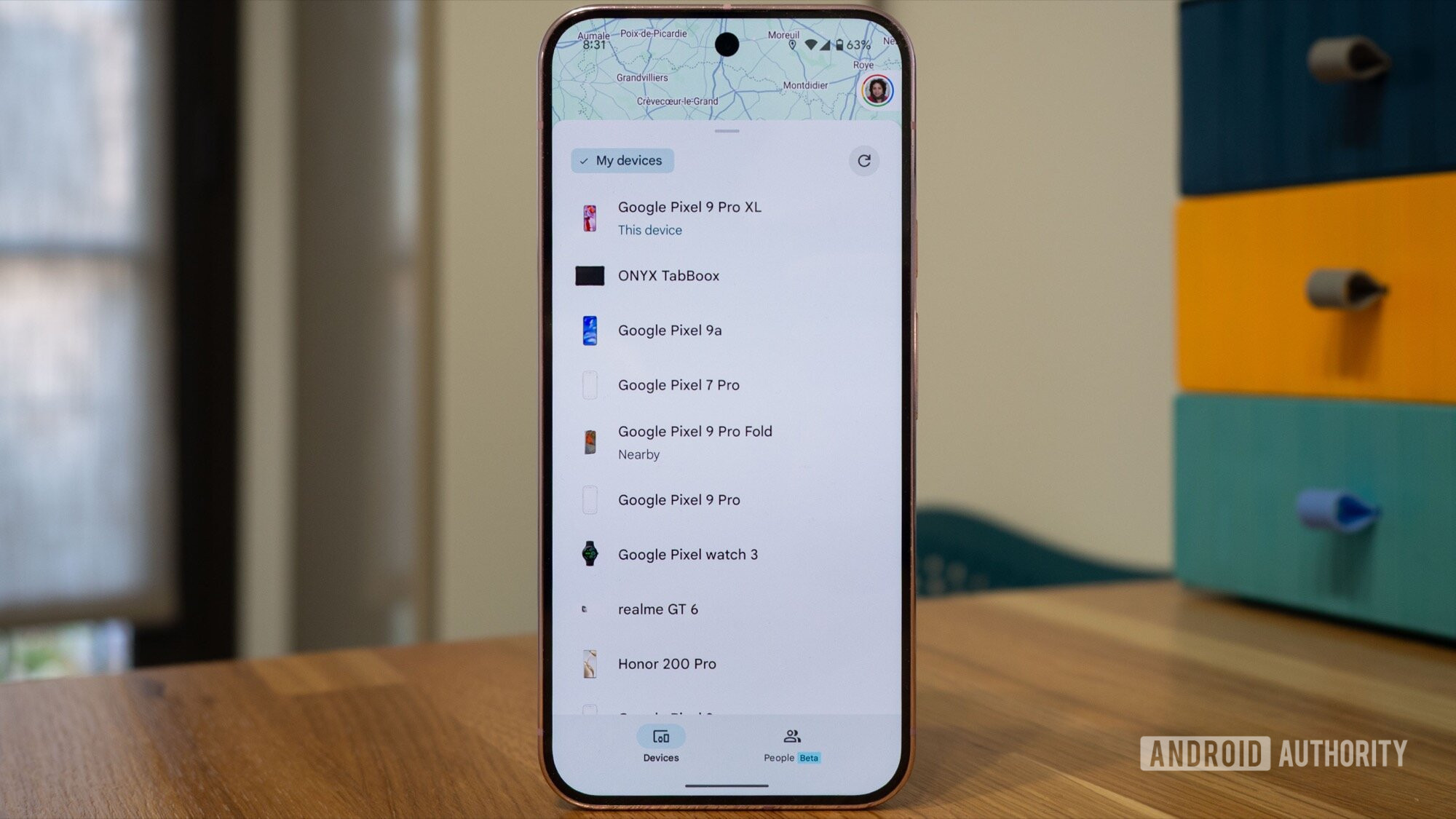

















![Apple to Split iPhone Launches Across Fall and Spring in Major Shakeup [Report]](https://www.iclarified.com/images/news/97211/97211/97211-640.jpg)
![Apple to Move Camera to Top Left, Hide Face ID Under Display in iPhone 18 Pro Redesign [Report]](https://www.iclarified.com/images/news/97212/97212/97212-640.jpg)
![Apple Developing Battery Case for iPhone 17 Air Amid Battery Life Concerns [Report]](https://www.iclarified.com/images/news/97208/97208/97208-640.jpg)
![AirPods 4 On Sale for $99 [Lowest Price Ever]](https://www.iclarified.com/images/news/97206/97206/97206-640.jpg)










































